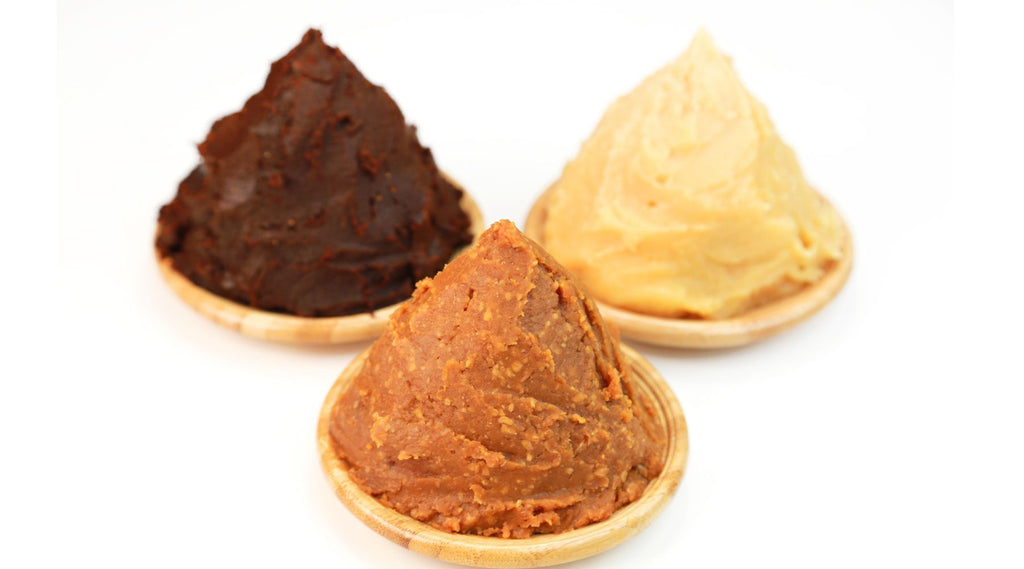Looking After Your Gut Health
Looking after your gut health is an important part of maintaining overall wellbeing. Research has increasingly shown that the gut plays a major role in digestion, immunity, and even mood regulation. One of the most effective ways to support gut health is by including fermented foods in your diet.
If you’re curious about what fermented foods are, how they’re made, and how they benefit your health, this article will guide you through everything you need to know.
What Are Fermented Foods And How Are They Made?
What Are They?
Fermented foods are created when natural bacteria and other beneficial microbes break down the carbohydrates and fibres in food. This process produces beneficial compounds such as acids, vitamins, gases, and sometimes alcohol. The most important result is the creation of probiotics—live microorganisms that can help support gut and overall health when you eat it.
Studies published in journals such as Frontiers in Microbiology have highlighted the link between probiotics in fermented foods and improvements in gut balance, digestion, and even immune responses.
How Are They Made?
Fermentation begins when an environment is created where the naturally exisiting bacteria that lives on in and I and around the food can multiply and propagate, that's wild fermentation. Sometimes cultures of bacteria can be added to the food to kick-start fermentation, that's cultured fermentation. Depending on the type of food, this might involve an oxygen-free (anaerobic) environment or a salty brine. For example, sauerkraut ferments in a salty brine usually made up of its own juice and added salt, while kombucha ferments in tea with a controlled exposure to air. During the process, carbohydrates and fibres are converted into beneficial compounds, giving fermented foods their distinctive tangy flavour and health benefits.
Benefits Of Fermented Food For Your Gut Health
The probiotics found in fermented foods can have a powerful effect on gut health, offering several key benefits:
Improved digestion
Support for the immune system
Restoring balance to the gut microbiome
Research in the Journal of Applied Microbiology shows that fermented foods can reduce digestive issues such as bloating and constipation, while also supporting immune health (Oxford Academic, 2023). Other reviews confirm that the compounds produced during fermentation provide additional therapeutic benefits beyond probiotics themselves (Wiley, 2023).
Fermentation also breaks down compounds in food that are otherwise difficult to digest, making nutrients more accessible. Probiotics thrive on prebiotics (found in many unprocessed foods), which help them flourish in the gut and support smoother digestion.
Key Fermented Foods And Their Health Benefits
Kimchi
Kimchi is a traditional Korean dish made from fermented vegetables, usually napa cabbage, combined with seasonings like chilli, garlic, and ginger. It’s rich in vitamins A, C, and K, all of which support immune health. Clinical research shows that regular consumption of kimchi in randomised controlled trials has led to improvements in serum lipid profiles, reductions in body fat, and even improvements in digestive health in people with irregular symptoms (Song et al., 2023).
Kombucha
Kombucha is a fermented tea drink made from sweetened black or green tea. As with other fermented products, it contains probiotics that support gut health, along with antioxidants that help combat cell damage. Reviews suggest kombucha may also help reduce inflammation and support liver function, though its benefits can vary depending on how it’s brewed and if it has been pasteurised (MDPI, 2023).
Sauerkraut
Sauerkraut is made from cabbage fermented with lactic acid bacteria. It’s high in vitamins C and K, as well as fibre, all of which are important for overall health. Research in Nutrients has shown that raw, unpasteurised sauerkraut provides live probiotics that may help regulate digestion and improve nutrient absorption. Choosing raw versions is best, as pasteurisation destroys beneficial bacteria (Frontiers, 2023).
Bringing Fermented Foods Into Your Diet
Adding fermented foods to your diet doesn’t need to be complicated. Start small—try a spoonful of sauerkraut with dinner, swap a soft drink for a glass of kombucha, or add kimchi as a side to your favourite meal. Even small amounts can provide lasting benefits when consumed regularly.
As research continues to highlight the link between gut health and overall wellbeing, making room for fermented foods in your diet is a simple step with powerful results.




